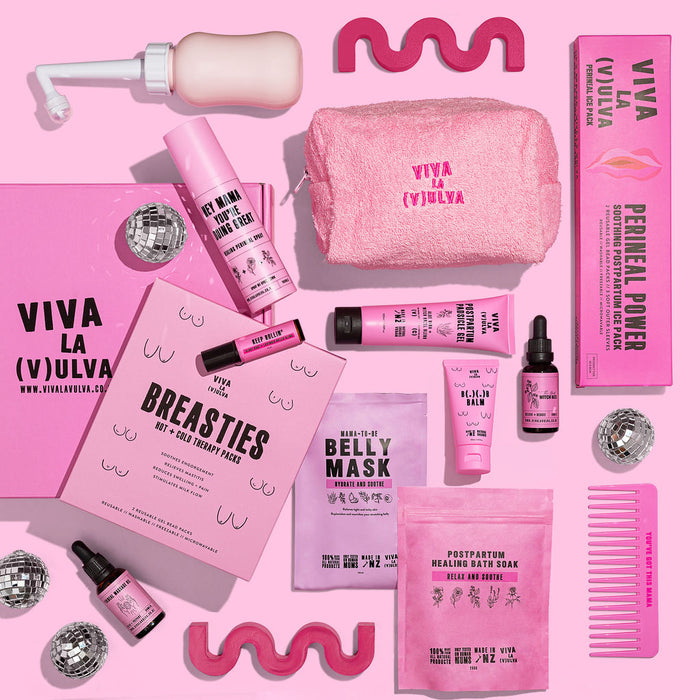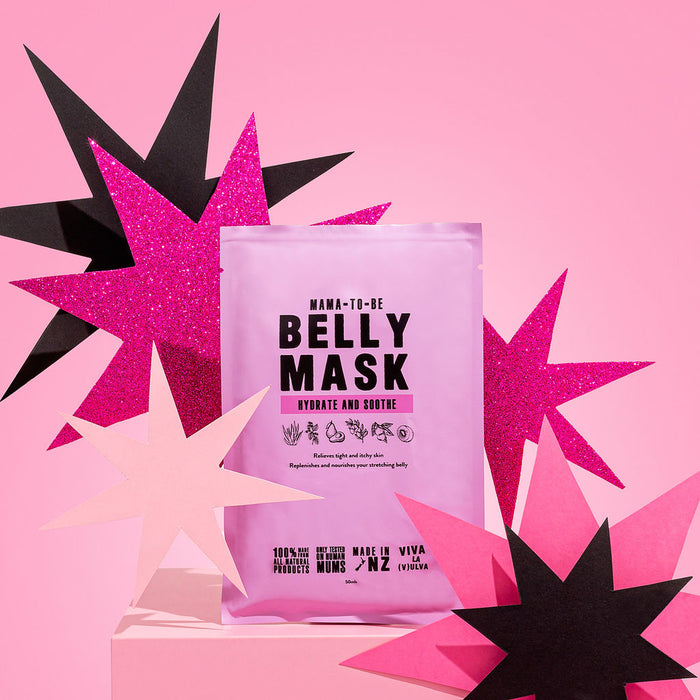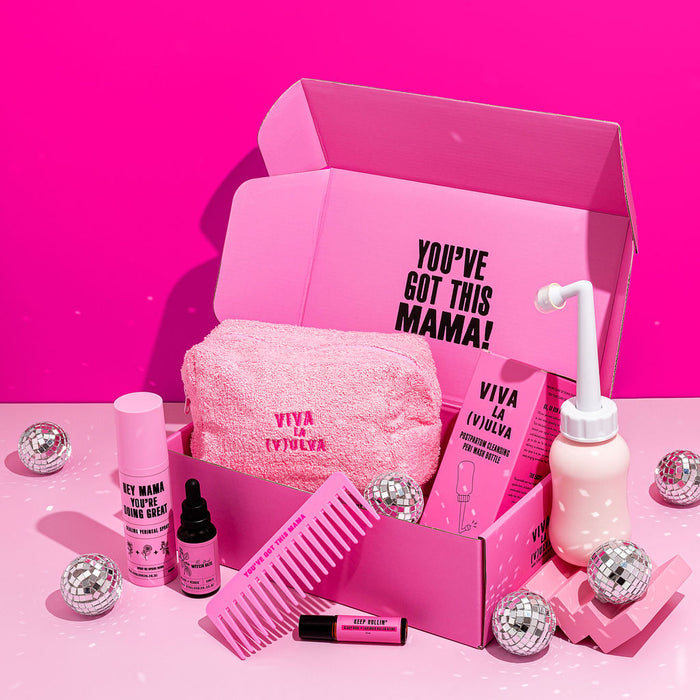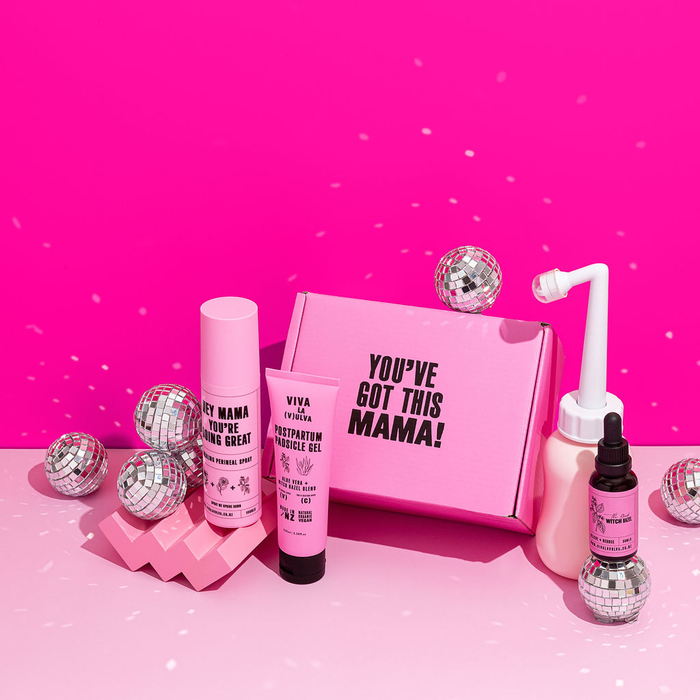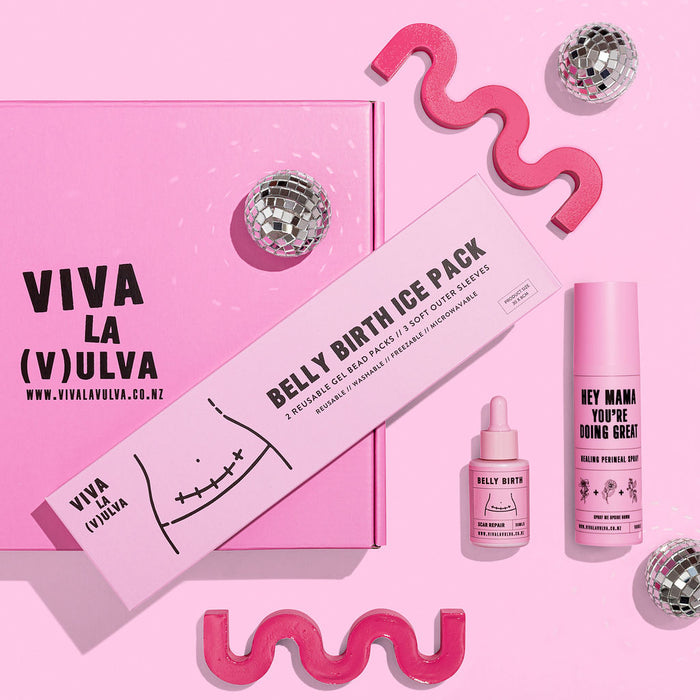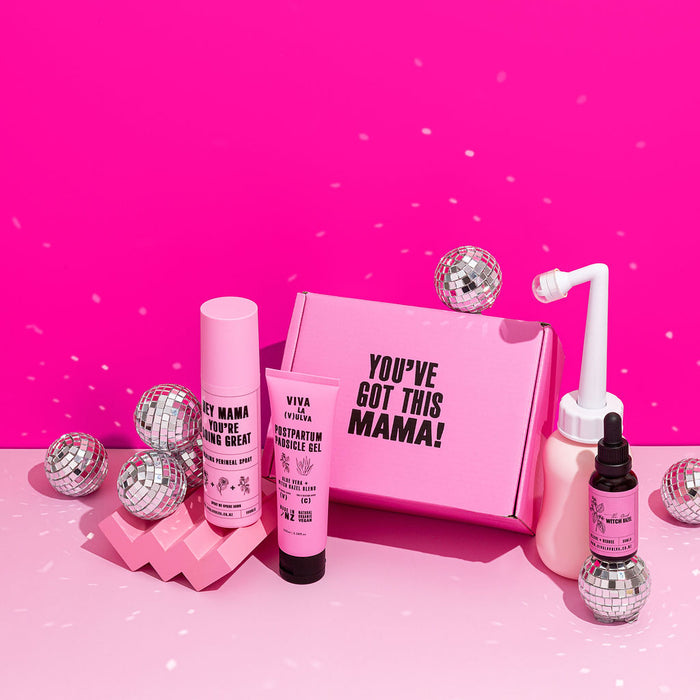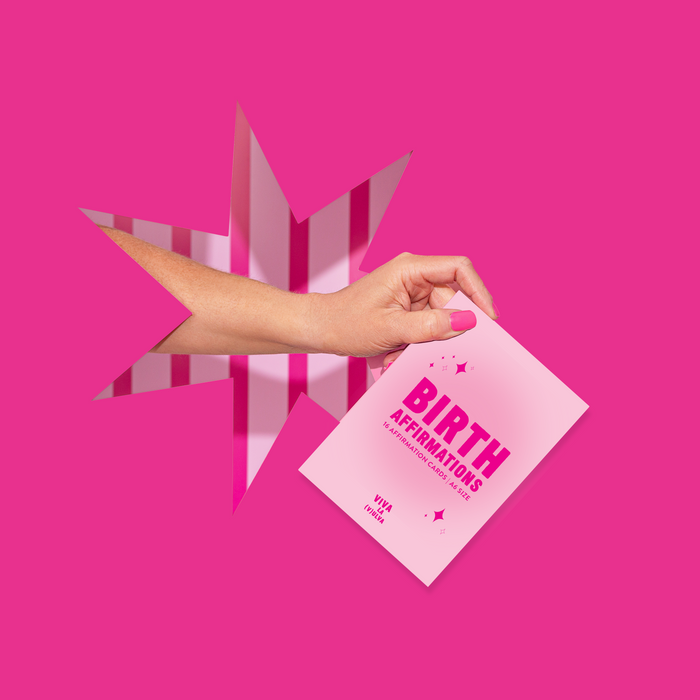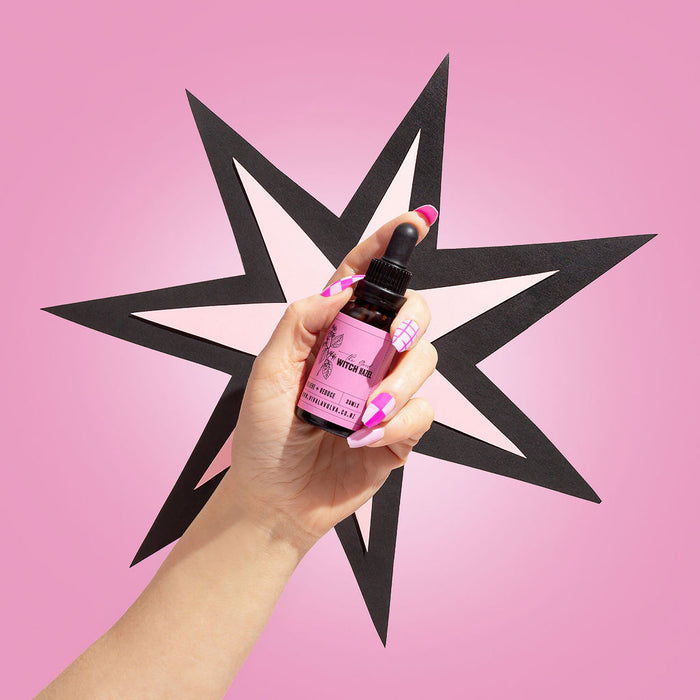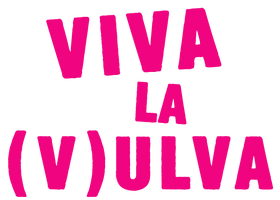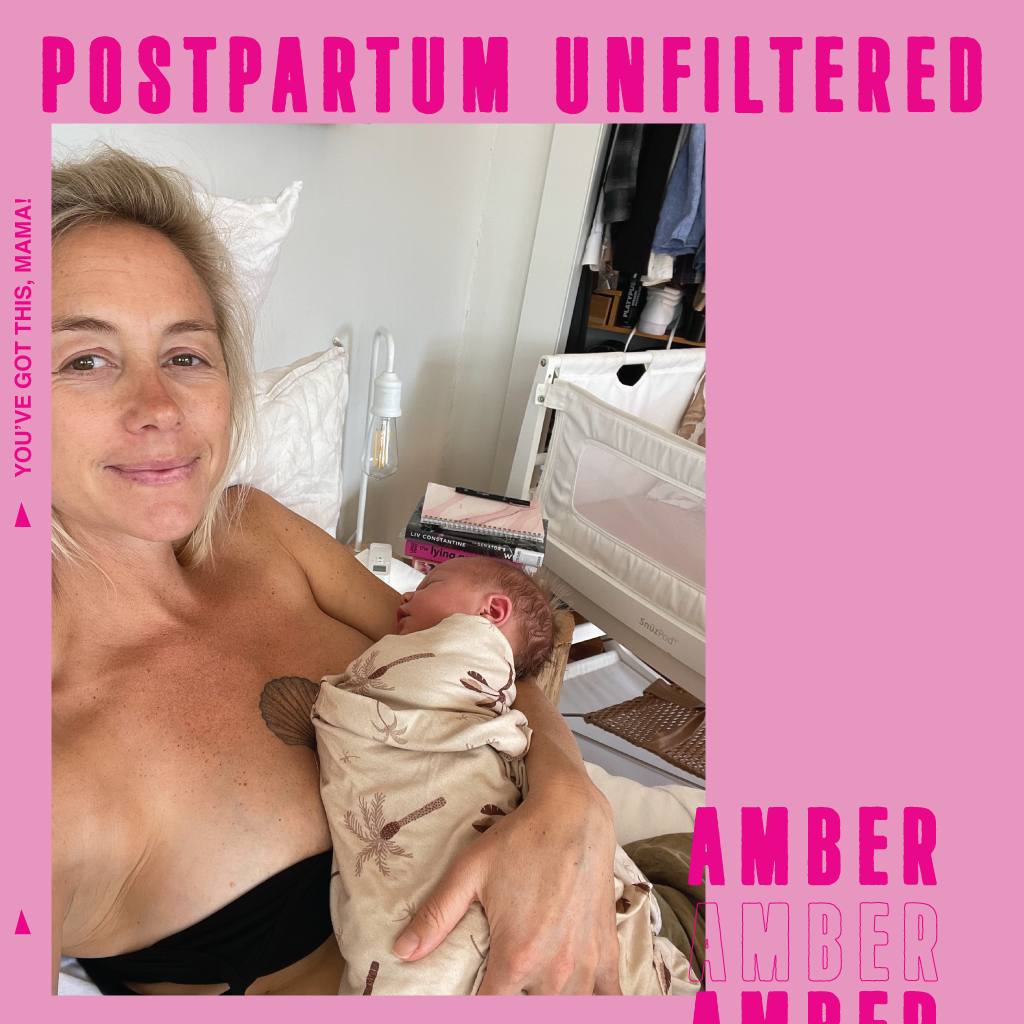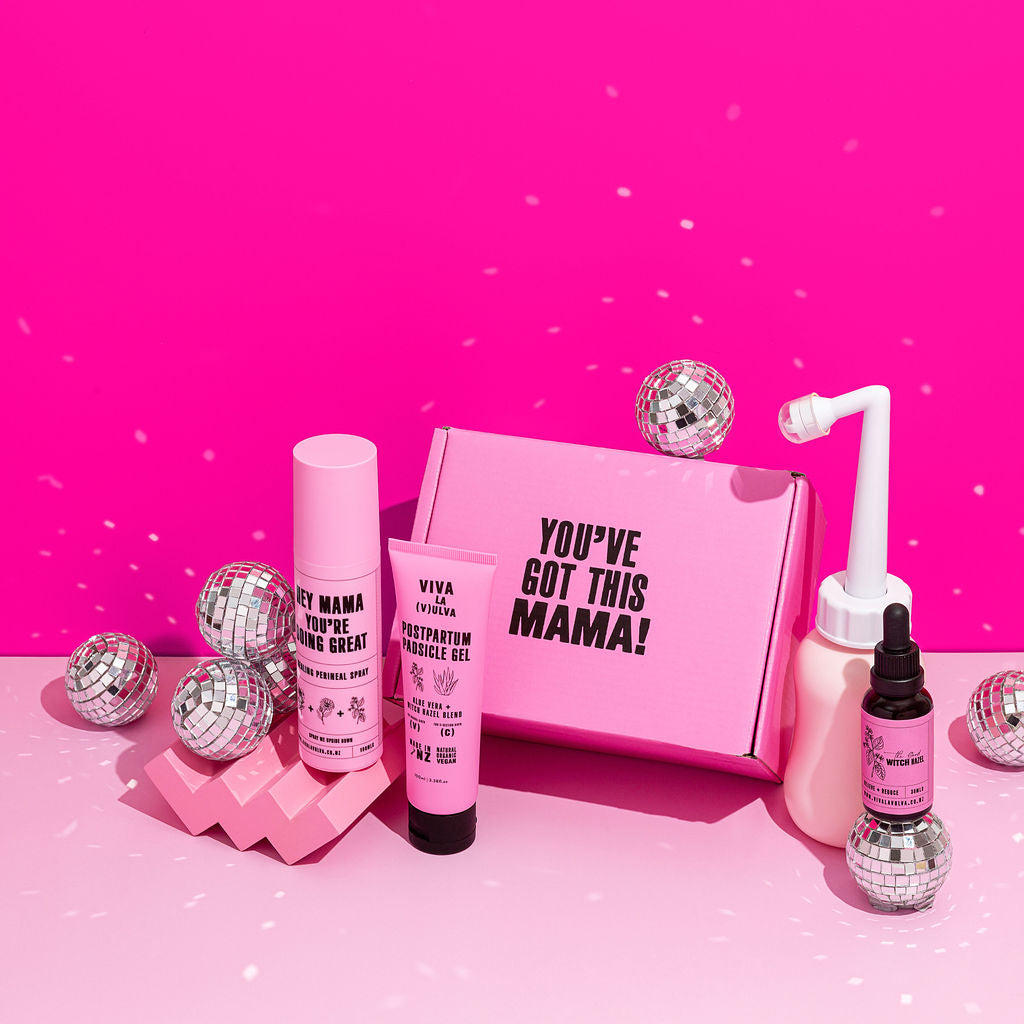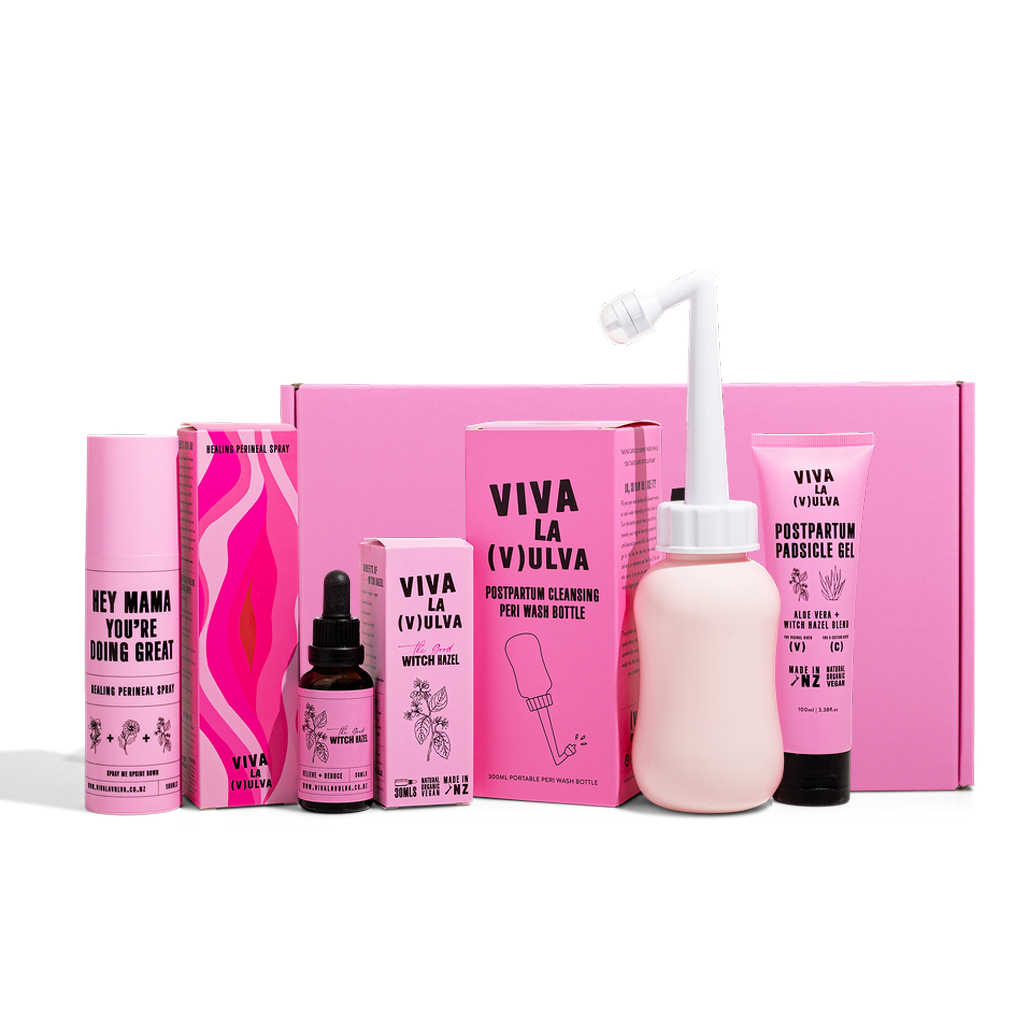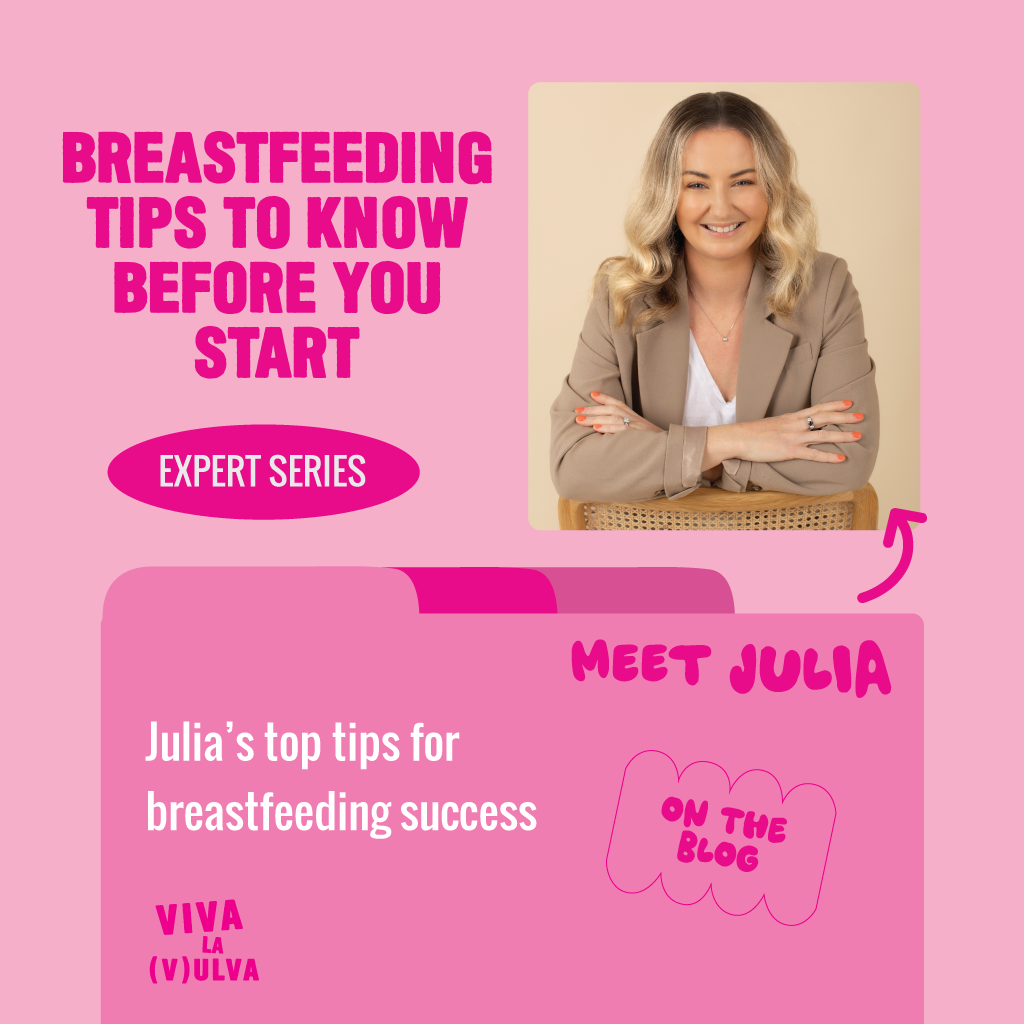
Top 10 Breastfeeding Tips to Know Before You Start
Written by Julia Daly, Lactation Consultant.
Hey there, fabulous mamas-to-be! Breastfeeding can be a wild ride, and for something that is natural - it more often than not, doesn't come naturally. We know it can be hard to know exactly what you need to learn about breastfeeding before you begin, so our super knowledgeable Julia Daly, a lactation consultant extraordinaire, has gathered her top 10 must-know tips just for you. These tips are a great guide to set you and your baby to thrive!
- Stay together after birth – immediate skin on skin promotes closeness and a strong hormonal response that is linked with breastfeeding success. It also helps to regulate your newborn’s body temperature and exposes them to beneficial bacteria from your skin. The good bacteria protect babies from infectious diseases and helps build their immune systems.
- The first feed should be within the first hour of birth. This ‘magic hour’ releases breastfeeding hormones and provides emotional and physical benefits to both you and your baby. Research suggests babies who feed within the first hour of birth will go onto to have less breastfeeding issues.
- Feed on demand – while you’re establishing your supply, your baby should feed between 8-12 times in 24 hours. This is normal and will settle over time. Don’t schedule feeds. Frequent and effective feeding will help you to establish a good milk supply and good weight gains.
- Night 2 is exhausting! Feed, feed, feed. Cluster feeding is normal during this time, go with the flow, they are bringing in your milk which is a GREAT thing.
- Getting the positioning and attachment correct plays an important role in how much milk your baby gets and also prevents other breastfeeding issues such as sore nipples. It’s important you both feel comfortable - and the first few days will provide the best opportunity for you and your baby to learn what works best and prevent potential challenges down the track.
- Breastfeeding support is the key to a successful journey. If it’s not going well. Ask for help.
- Nipple tenderness is common for the first 7-10 days. Nipple pain peaks between day 3-6. If you have pain that extends past 14 days seek help from a LC.
- Go to a breastfeeding class – be prepared. Attending an antenatal breastfeeding class will give you confidence as you’ll feel prepared and know what to expect, that way you know what to do if an issue arises.
- We recommend avoiding expressing, dummies, nipple shields or teats for the first four to six weeks and just to feed on demand. When babies are exclusively breastfed, they need no other food or drink until six months of age. You can be confident that your baby is receiving enough breast milk in the early weeks if they have six or more heavy, wet nappies and at least one bowel motion a day. It’s also a good sign if your baby settles after most feeds. Only offer breastmilk (or formula) for the first six months as per World Health Organisation guidelines.
- Be proud. If you breastfeed one day, one week, one month or one year - be proud! Any breastmilk is amazing! Trust your instincts – you will know if something isn’t right . Get help from a Lactation Consultant who listens to you, respects you and will help you achieve your goals…
Thanks so much fro your tips Julia! If you need more help you can find Julia's Instagram page here:
Julia Daly Lactation Consultant